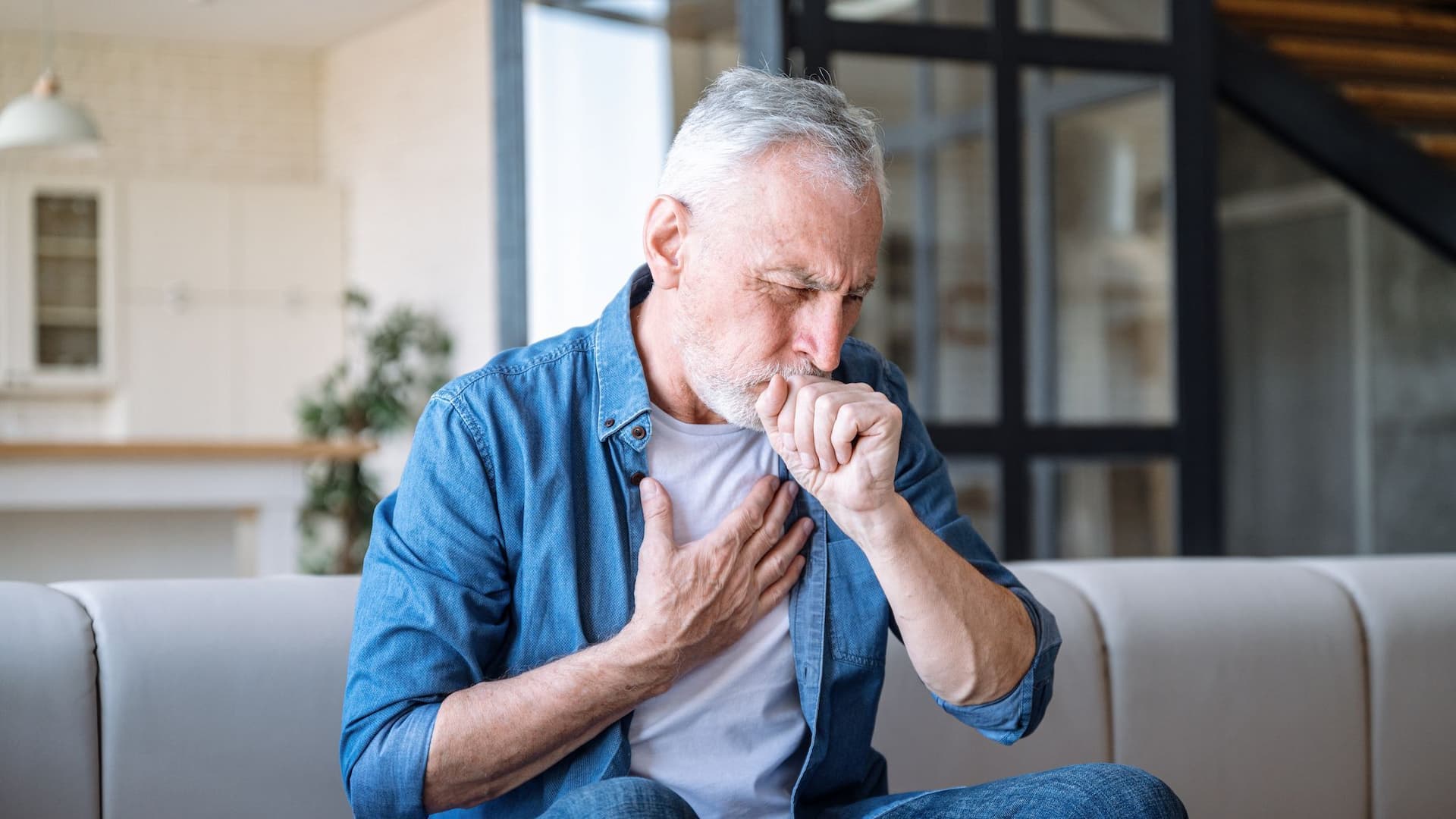
Erectile dysfunction (ED) isn’t just a symptom. It can also be the cause.
The inability to achieve or maintain an erection firm enough for sexual intercourse is often viewed as a standalone sexual issue—a frustrating problem that only affects your performance. But the truth is, ED is much more than that. It’s often the body’s warning sign of deeper physical problems. It can also contribute to a decline in your overall health and well-being.
According to the Cleveland Clinic, 50% of men between the ages of 40 and 70 experience some degree of erectile dysfunction, even when they are seemingly healthy otherwise. ED is not just about sex. ED health touches your heart, your hormones, your muscles, your metabolism—and your future.
Left unaddressed, ED can contribute to other health complications that impact the entire body; it can also be a valuable indicator that something is wrong. Whether it’s the driving force or an early warning sign, here are the connections between ED and your physical health and why it matters in the long term.
The relationship between ED and heart health is well-established in medical literature. Your heart and blood vessels play a central role in achieving and maintaining an erection. When ED shows up, it’s often an early sign that your vascular system isn’t working properly.
What can you do?
If you're experiencing ED, talk to your medical provider. ED can be the first sign of poor heart health. In fact, research shows that vasculogenic ED is an early predictor, typically manifesting 3 to 5 years before a significant cardiovascular event such as a heart attack. Steps can be taken now to reduce those risks.
Testosterone plays a major role in both erections and muscle development. When testosterone is low, so is your physical strength.
What can you do?
If you’ve noticed a dip in energy, muscle strength, or physical stamina, don’t brush it off. Speak with a medical professional about testosterone levels, and if your levels are low, you can look into treatments like testosterone replacement therapy. Incorporating resistance training and regular movement can also help preserve muscle tone and improve both physical and sexual performance.
ED is closely tied to your endocrine system. When that is out of balance, your whole body can feel it.
What can you do?
ED can throw your hormones and metabolism off balance. If you're gaining weight, feeling sluggish, or experiencing other symptoms like brain fog or low libido, it’s a good idea to get your hormone levels checked. Treating low testosterone, reducing inflammation, and making lifestyle adjustments can reduce fat accumulation and restore metabolic health.
Though rarely discussed, men with ED have a higher chance of developing osteoporosis. In one study, men with ED developed osteoporosis at a rate 3.04 times higher than those without, even after controlling for other risk factors. Weakened bone density can increase your risk of fractures as you age.
What can you do?
Men with ED should talk to their provider about bone density, especially if they’re over 50 or have additional risk factors. Weight-bearing exercise, resistance training, and hormone optimization can all play a role in protecting long-term bone health.
ED can make it physically difficult or even impossible to have intercourse regularly or at all—creating an emotional and logistical barrier to conception.
Additionally, trying to get your partner pregnant can cause timing and performance anxiety. Sometimes, when sex is timed for fertility, performance anxiety may worsen ED symptoms.
What can you do?
If you're struggling with ED and are trying to grow your family, don’t assume these are unrelated issues. Speak with a medical provider about hormone testing and ED. Addressing them could be a critical step toward achieving your reproductive goals.
Some men with ED report physical sensations like testicular discomfort due to prolonged arousal without ejaculation, also known as epididymal hypertension or, informally, “blue balls.” While uncomfortable, this condition is harmless and temporary.
You might also experience nocturnal emissions (wet dreams) as the body’s natural release mechanism. These effects aren’t dangerous, but they may add to your frustration or confusion.
It's important to note that these effects are temporary and do not indicate any underlying health issues. If you have concerns about your sexual health or experience persistent discomfort, consulting a healthcare provider is advisable.
The physical toll of ED can feed into emotional and mental health struggles, creating a vicious cycle:
Learn more about the link between ED and mental health.
Just remember, you’re not alone in this. But it’s also time to act, and no one else can make that decision.
Getting to the root of your ED is about more than restoring your sex life—it’s about taking back control of your body and your future. Here are some ways to start:
ED is your body’s way of telling you something is off. It can affect more than intimacy. From your heart and muscles to your hormones, bones, and overall vitality, it’s a condition that can affect your overall health. And you don’t have to live with it. The sooner you take action, the sooner you can start reversing the damage and reclaiming your health and confidence.
PG Men’s Health offers a private, judgment-free, medically backed approach that looks at ED health from every angle—physical, hormonal, and emotional. Our team of professionals is committed to long-term results that help you feel strong, confident, and in control again.
Schedule a consultation or call us today at 877-908-5296.